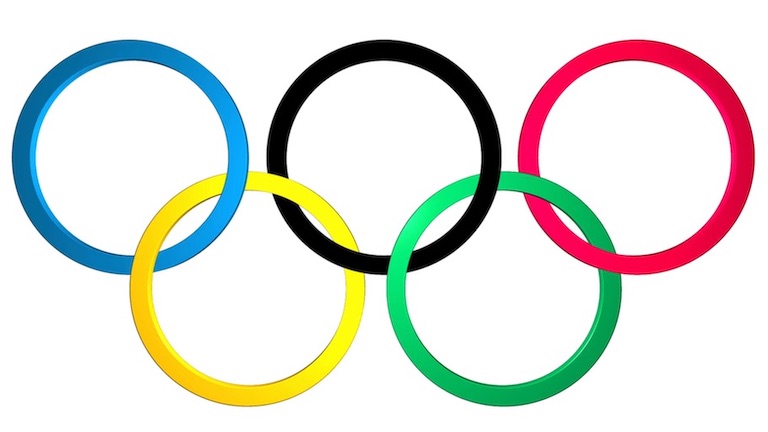Ex-NOCK, IOC Boss Charles Mukora Passes On
27th December 2018
Powerful sports administrator and political leader succumbs to long illness in Nairobi on Thursday night

- Former National Olympics Committee-Kenya (NOCK) boss Charles Mukora has died on Thursday evening, Team Kenya Chef-de-Mission for the 2016 Rio Olympics, Stephen arap Soi confirmed
- May the almighty heavenly father grant his grace, comfort and strength to the family during this difficult time and rest the soul of our departed colleaque Hon. Charles Mukora in eternal peace- Soi
- Though he had been a soccer and field hockey player in his own right, Mukora rose to prominence after he coached the Kenyan national team at the 1968 Olympics in Mexico City, where the nation won its first gold medals
NAIROBI, Kenya- Former National Olympics Committee-Kenya (NOCK) boss Charles Mukora has died on Thursday evening, Team Kenya Chef-de-Mission for the 2016 Rio Olympics, Stephen arap Soi confirmed.
According to the former NOCK Executive Officer, the former powerful International Olympics Committee (IOC) Member passed on after battling a long illness bringing curtains down to one of the foremost and later on controversial sports administrators in Kenyan sporting history.
His body has been removed to the Kenyatta University mortuary.
"It is with deep sorrow and regrets that death as once again robbed Kenya of a long time sports administrator Hon. Charles Mukora which occurred a while ago. Let us join hands in condoling the family of late Hon Charles Mukora.
"May the almighty heavenly father grant his grace, comfort and strength to the family during this difficult time and rest the soul of our departed colleague Hon. Charles Mukora in eternal peace," Soi stated.
Mukora was forced to step down from his role as NOCK chief and from the IOC in 1999 after after an investigation led by Richard Pound implicated him in receiving favours from Sydney and Salt Lake City to award them the 2000 Olympics and 2002 Winter Olympics in that order, claims he strenuously denied.
Bribery scandal
''I don't know,'' the then 64 year-old Mukora who found himself portrayed as a villain in the Olympic bribery scandal stated at the time. ''Perhaps you can tell me?''
Disputing the conclusions of the Olympic committee that ousted him, Mukora says his only crime is to have been caught in an inevitable conflict.
He hailed from a poor nation -- and from Africa, like three other of the six expelled IOC members -- with little money to train athletes but with the power to help decide where the Games will be held.
People from rich countries who want the business and prestige the Olympics bring, he said, are only too happy to help, offering hazily defined donations to assist sports in countries like Kenya.
''If you travel to a rich country or people from rich countries visit you, you more or less point out the areas you want to develop,'' said Mukora, who insisted he had never promised his vote to anyone. ''Usually, the likely thing, they will suggest, 'We can do this or this.' And usually they offer to do something.''
Mukora was succeeded as NOCK boss by retired distance running legend, Dr. Hezekiah Kipchoge Keino, who also saw his extended tenure at the helm end last year in the aftermath of the Rio 2016 Olympics scandal where money meant for Team Kenya athletes was misappropriated.
Another long distance icon, Paul Tergat, took over in September 2017 following elections brokered by the IOC and Government.
Though he had been a soccer and field hockey player in his own right, Mukora rose to prominence after he coached the Kenyan national team at the 1968 Olympics in Mexico City, where the nation won its first gold medals.
It also marked the start of Kenya's three decades of successes in track and field, and the team performed well under Mukora's coaching four years later at the Olympic Games in Munich.
In 1969 he began as a marketing trainee for Coca-Cola in Nairobi. Soon he became the manager of external affairs and Coke's liason to the sports world.
Newspaper clippings that track his career, in business and in the intrigues of amateur sports, are uniformly glowing. He retired from Coke in 1990 for what he then called ''greener pastures.''
He later became involved in politics and won influential friends. He represented a district near Mount Kenya between 1992 and 1997 in Parliament and is said to be close to retired President Mwai Kibaki.
But his real job began just before he left Coke. He became, in quick succession, head of the national Olympic committee and a delegate to the international committee.
